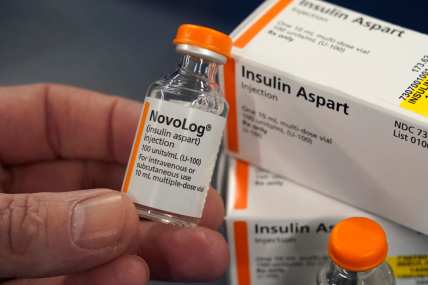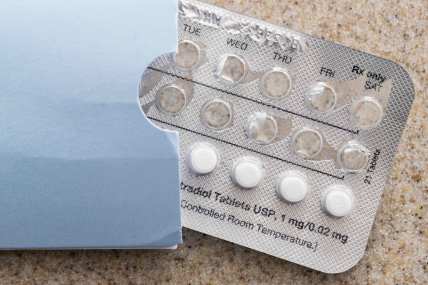Is Amazon’s new prescription program a cost-saving option for Black Americans?
OPINION: The service is not available to those who use Medicare or other government-sponsored health care plans. But Amazon could potentially force Big Pharma to change its price-gouging ways by creating cost-saving opportunities for those who are not privileged enough to pay for a hefty Prime subscription.
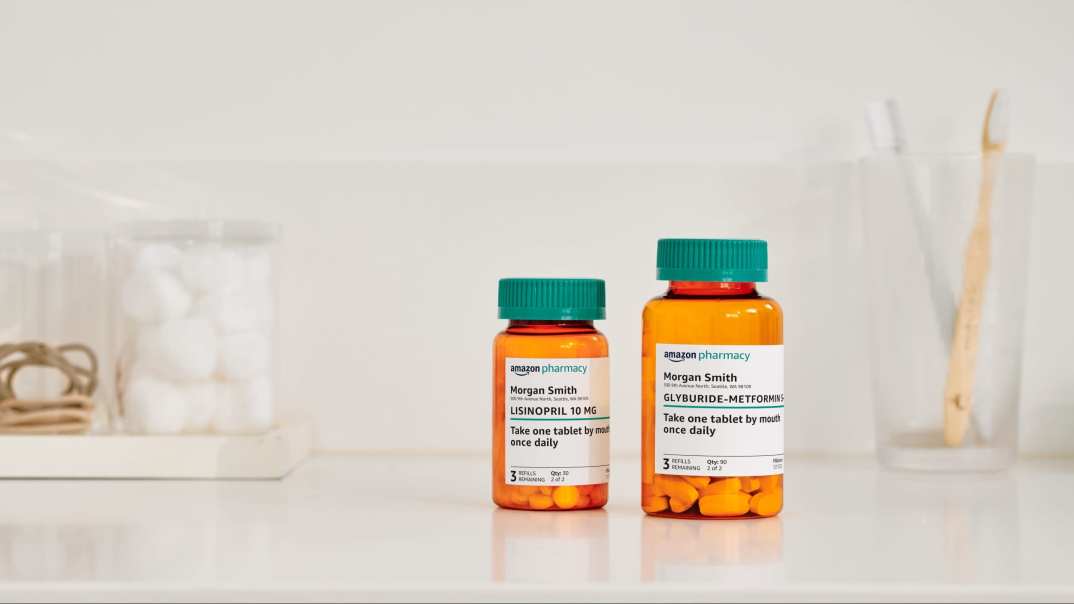
Editor’s note: The following article is an op-ed, and the views expressed are the author’s own. Read more opinions on theGrio.
Amazon’s recent announcement of a new pharmacy subscription option for U.S. Amazon Prime members has created quite a buzz. It is the second big domino to drop in the retail giant’s long-awaited foray into the healthcare sector (the first was the acquisition of One Medical in August).
But is this new wrinkle a cost-saving option for Black Americans? Maybe, but forgive me for having a healthy dose of skepticism.
Here’s what we know: for $19.99 per month — a $14.99/month Prime subscription plus $5 for the prescription plan, named RxPass — Amazon promises to deliver a host of popular generic drugs to your doorstep, “free” of charge. Medicare, Medicaid and other government health enrollees need not apply — Amazon has deemed these groups ineligible — despite the fact that these beneficiaries make up a large share of the consumer market in need of affordable prescription drugs to treat chronic conditions.
People of color don’t rely on these programs because they want to — they rely on them because they have to. Black and Latino populations — the second and third largest racial and ethnic groups in the United States — have higher rates of chronic and serious health conditions and significantly lower financial resources than white Americans. They make up nearly two-thirds of Medicaid enrollees and one-fifth of Medicare enrollees.
(Sidebar: Given the high uninsurance rates in Black and brown communities, Medicare enrollment is strikingly low, a sobering reminder that Black and brown people are less likely to reach the member eligibility age of 65, but I digress).
The guaranteed health coverage offered by Medicare, Medicaid and the Affordable Care Act (ACA, aka Obamacare) is a lifeline for those with limited income and resources. Government-sponsored insurance programs are a way to help pay for the cost of health care and laboratory services, prescription drugs and other health services so people don’t have to make a choice between seeking medical attention and paying the light bill. For so many Americans, good health is centered on health care accessibility and affordability via Medicare and Medicaid.
But I caution against overstating its many benefits.
It’s true that eligible Medicare beneficiaries can get many popular generic drugs at little to no cost, but it’s not uncommon to find those with even full coverage troping from drugstore to drugstore in search of affordable medications — that’s because the amount a plan covers is based on the type of drug you’re on, how often you take it, its “tier,” which drug benefit you’re in, and the pharmacy you use. For millions of Black and brown Americans, pharma-inaccessibility has made finding affordable drugs a chore and a combination of a lack of pharma cost regulation on the federal and state level, outside competition, and outright greed are to blame.
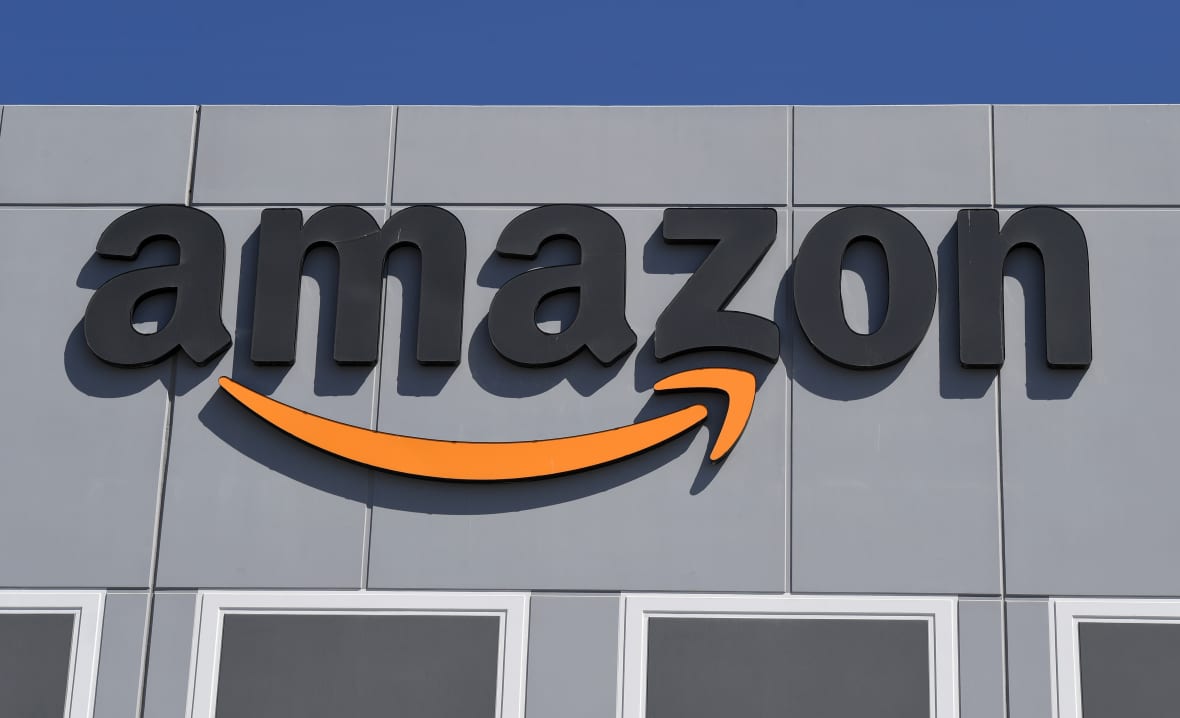
Big Pharma is arguably the most influential force in health care and its long history of excluding Black patients and physicians from clinical testing, research and product development spans decades. In fact, it’s become so common that Black and brown people have developed ways to normalize pain, internalizing how they feel as a means of navigating a system that routinely dismisses their pain anyway.
If there is a light, it may be Amazon. After all, Amazon’s innovation, access to resources and robust infrastructure could, in theory, turn the tide … forcing Big Pharma to change its price gouging ways, but that is only likely to happen if the company creates cost-saving opportunities for those who are not privileged enough to pay for a hefty Prime subscription.
Amazon would be smart to capture market share in Black and brown communities by providing affordable options for hard-to-find, overpriced, daily-use medications like insulin and Ozempic. It would signal the company’s expansion into Big Pharma and a new era in health care — a shift from unfair to fair; from inaccessible to accessible; from inconvenient facility-centric care to longer-term remote care.
Capitalizing on the gradual acclimation of Baby Boomers and Gen Xers to health tech and the growing popularity of wearable technologies and convenient at-home servicing, Amazon would be smart to meet Black and brown people where they already are.
Instead, I fear that programs like RxPass will drive competition, in areas where competition is already high, without addressing the need to lower expensive brand-name drugs. In essence, the retail behemoth may inadvertently widen pharma-accessibility gaps and increase drug spending for those who need these medications the most.
Making the accessible more accessible is nice, but having access to more effective, once inaccessible drugs is even better. The inevitable reliance on technology in health care is a change that will be met with resistance by some and welcomed by others. The direction in which the pendulum swings may depend on Amazon’s (and other major retailers’) willingness to accept some responsibility for the health of its customers, a position they have been reluctant to embrace.
Let’s hope Amazon’s long-term goals involve expanding its pharma reach in a humane way, taking into consideration the dignity of its many loyal customers.
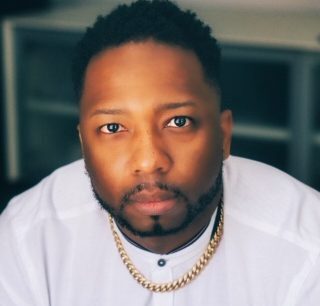
Dr. Shamard Charles is the executive director of graduate studies in public health at St. Francis College and sits on the Medical Advisory Board of Verywell Health (Dot Dash-Meredith). He is also host of the health podcast, Heart Over Hype. He received his medical degree from the Warren Alpert Medical School of Brown University and his Masters of Public Health from Harvard’s T.H. Chan School of Public Health. Previously, he spent three years as a senior health journalist for NBC News and served as a Global Press Fellow for the United Nations Foundation. You can follow him on Instagram @askdrcharles or Twitter @DrCharles_NBC.
TheGrio is FREE on your TV via Apple TV, Amazon Fire, Roku, and Android TV. Please download theGrio mobile apps today!
